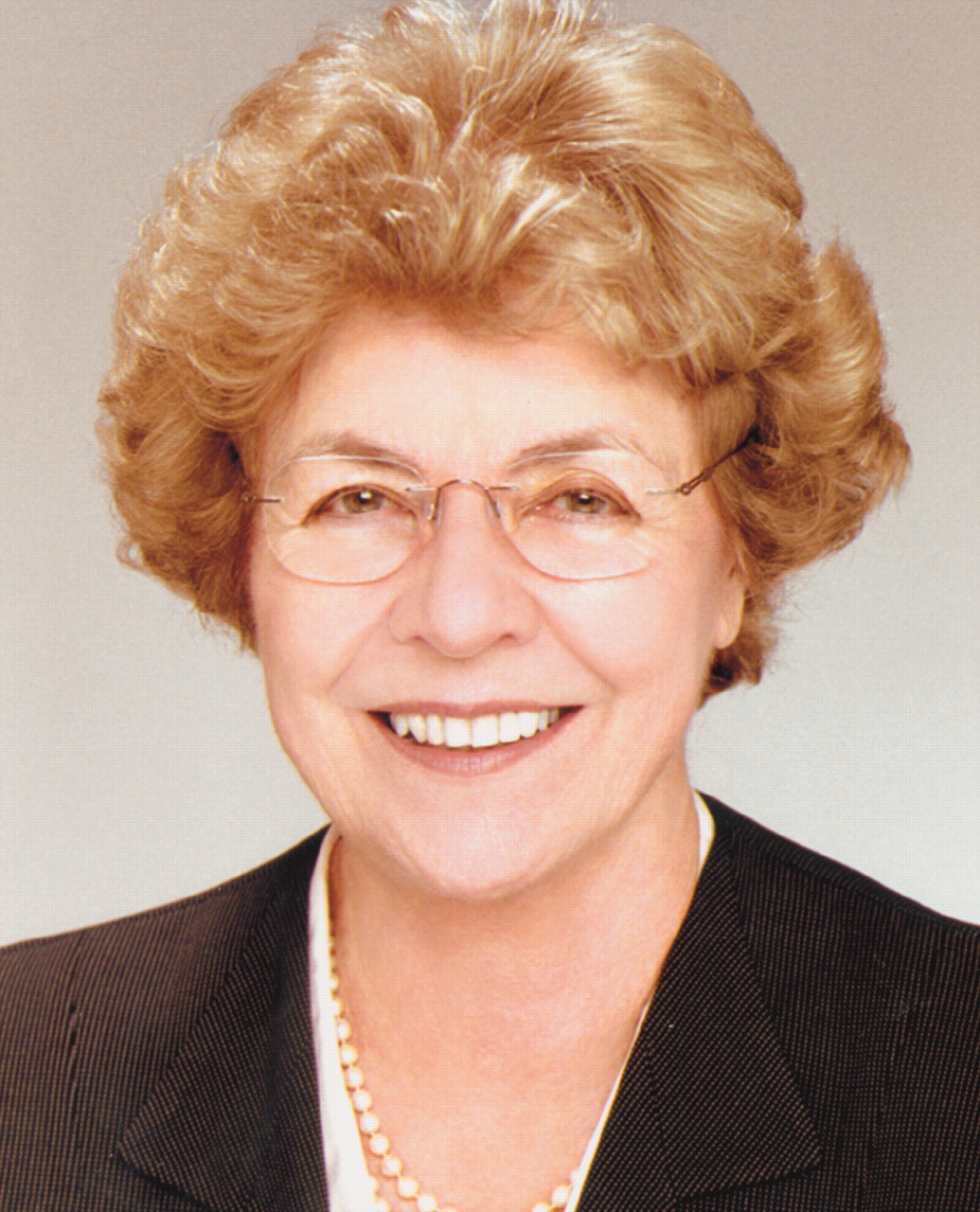Universal Access: Will 2004 Be the Year?

Meanwhile, we must harness our energies and confront the job that lies ahead. Primary among our professional concerns is the fact that 43 million Americans are without health insurance. This burgeoning number of medically uninsured is a blight on our country’s ethos of social justice and a public health hazard. Massive cuts in Medicaid funding, state budget deficits, and joblessness are contributing to an expected continuing increase in the number of uninsured. As political candidates garner strength for their 2004 election campaigns, we have our work to do. This is a moment for aggressive lobbying to influence each candidate’s political agenda.
Policymakers should be chastened by the information in the series of five reports issued by the Institute of Medicine’s Committee on the Consequences of Uninsurance. The committee spent the last three years assessing the impact of uninsurance on individuals, families, communities, and the nation as a whole. Some of the illuminating findings tell us that uninsured adults are less likely to obtain the preventive-care, primary-care, and chronic-disease treatment they need. As a result they tend to be sicker and to die sooner than people with health insurance. The report recognizes that when even one member of a family lacks health insurance, the entire family is exposed to the health and financial consequences of a catastrophic illness or injury.
Mary Sue Coleman, president of the University of Michigan and co-chair of the committee’s fifth report, “Hidden Costs, Value Loss: Uninsurance in America,” states:
“As a society we would be better off if the uninsured had health coverage. The lack of health insurance poses a remediable health risk to the American population. Universal coverage would give everyone peace of mind. Knowing health insurance is assured would reduce the stress and uncertainty about future medical care needs and financial demands for all of us.”
How viable is the concept of universal health insurance in the year 2004? Unfortunately the results of a nationwide survey by Ackermann and Carroll of physician attitudes about national health insurance published in the November Annals of Internal Medicine are not very encouraging. Forty-nine percent of the respondents expressed support for the concept of national health insurance, while 40 percent opposed it. A higher percentage of psychiatrists than anesthesiologists supported the idea of national health insurance. As a specialty group, we are deeply aware of the problem of access for our uninsured patient population.
APA’s policy statement approved in 1997 on the “Definition of Access” states that “APA believes that all persons with mental disorders must have direct access to psychiatric care.” Yet in today’s world the uninsured have, as reported by the President’s New Freedom Commission on Mental Health, limited access to a system that is fragmented and in shambles. Increasingly, those with serious illness are limiting their use of available health resources because of the skyrocketing cost of insurance. APA’s “Vision for the Mental Health System” cites in its 12 principles the importance of access. Currently an ad hoc work group, chaired by Paul Appelbaum, M.D., is working to develop further the means to actuate this vision. The Assembly action paper encouraging the federal government to oversee the establishment of universal access to health care was passed by the Board of Trustees at its October meeting. Problems in achieving this goal abound.
Jonathan Marks, a reporter for the News and Observer in Raleigh, N.C., said it well in his article in November:
“The National Academy of Sciences’ Institute of Medicine recently estimated that approximately 18,000 people in the United States die every year because they do not have health insurance. This figure is startling by any account. In local terms, it means that America is losing an entire town the size of Chapel Hill every two and a half years. To put it another way, it is as if the human losses of September 11, 2001, were recurring six times a year. Yet these deaths go largely unnoticed. They are not accompanied by the collapse of colossal buildings. There are no horrific firebursts. There is no excited television commentary. For all we know from mainstream media, these victims ‘go gentle into that good night.’ But as the presidential election approaches, it is time once again for Americans to speak out—to rage against this unnecessary ‘dying of the light.’ ”
We can count on our national APA to give momentum to universal access proposals, but we need you, personally, and each district branch to join in to educate the body politic. ▪



